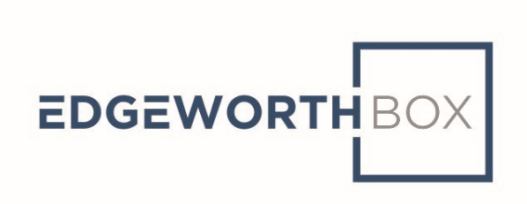Sourcing staff deal manage risk. They deal with the risk that suppliers may fail to perform, disrupting the operations of the company. They deal with risks associated with the RFP process in which losing bidders may contest a decision, the RFP may embarrass the organization, or that the RFP may take too long to execute, jeopardizing the organization’s ability to compete. Chief Procurement Officers deal with the risk that their best remaining sourcing staff will walk out the door, carrying all kinds of institutional knowledge with them, experience that is difficult to replace.
But, the biggest, original risk that they face is that they don’t get the right suppliers to bid.
Usually, when an organization is purchasing a good or a service, it is to solve a problem. They buy a cloud-based service because they want to reduce their IT costs and enhance reliability. They purchase new laptops because they want to enable their workforce to work remotely, while operating within the confines of their secure network infrastructure. They seek some specific expertise that they lack in-house.
It is difficult enough to get suppliers to bid, given the cost in time and money they incur to submit a proposal for a project that they may or may not win.
The real risk is that the suppliers who have the best solution for any given problem don’t bid, either because they dislike the process of bidding, they don’t want to bid in competition, or they don’t know you’re in the market. With respect to not knowing buyer intentions, for government, it could mean that the supplier is not registered to do business or has not seen the public notice. In the case of corporate buyers, the supplier with the innovative, optimal solution may not be on the buyer’s radar.
If the suppliers with the right solutions don’t bid, then buyers end up either not making a purchase or buying a second-best solution. And if only one or two suppliers submit proposals, buyers end up over-paying for this second-best solution.
EdgeworthBox, with its network-based sourcing™ approach, seeks to bring the right suppliers to buyers by encouraging an outcome-oriented approach to sourcing. Instead of telling suppliers how to engineer the solution to the problem, buyers should describe their desired outcome in as much detail as possible. This will help us locate the right suppliers because it helps suppliers understand the value their solutions can create. Let’s talk about how we can help you set up better RFPs.




